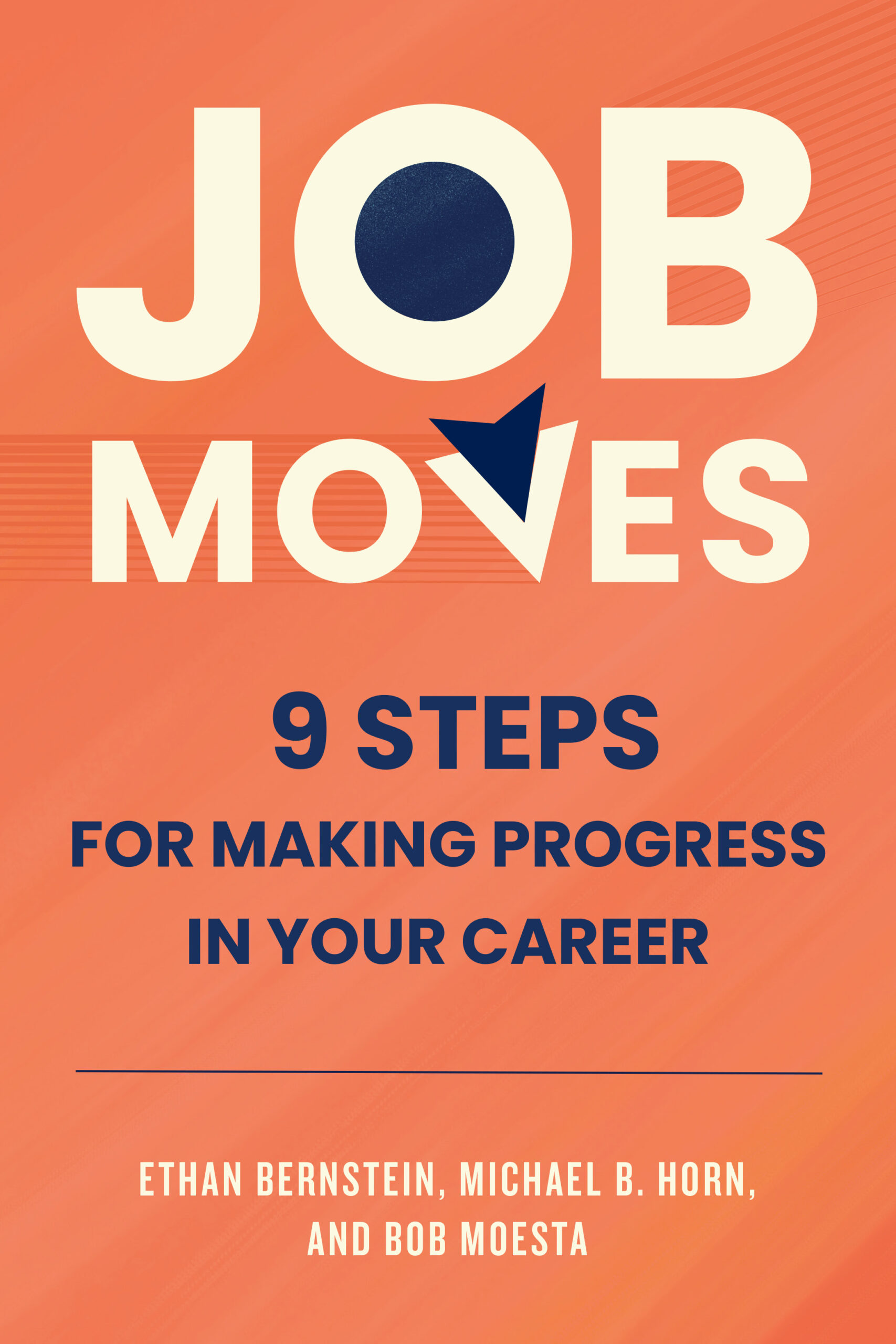Unbundling and Rebundling: The Lasting Impact of Alternative Credentialing on Higher Ed
Alternative credentials are changing the face of the higher education space. New, unaccredited providers are appearing on the scene and succeeding. More questions than ever are being asked about the value of the traditional degree, and fingers are being pointed at the cost of acquiring one. Colleges and universities are in a position of having to reflect upon their core product, and how that offering might evolve over time. In this interview, Michael Horn shares his thoughts on how this alternative credential trend is likely to reshape the postsecondary space over the long-term, and discusses whether those changes are a good thing.
The EvoLLLution (Evo): What is unbundling in the context of higher education?
Michael Horn (MH): As usual in higher education, the answer is: It depends. In this case, the definition of unbundling depends upon which level we’re looking. A given class? A degree? From an institutional perspective?
Primarily though, when we’re talking unbundling in higher education, we’re talking about pulling apart the components of a postsecondary degree or certificate. That could mean offering standalone or isolated sequences of courses, targeted job training, assessments separate from instruction, and alternative certifications and credentials. The costs of these components are often much lower than a full degree from an existing institution. And although pulling them apart cannot deliver all of what a traditional college or university does today, it allows for greater affordability, flexibility and customization or personalization.
Many see these attributes as being critical in an era of rapid technological change in the workforce—and are looking to online and mobile course providers as well as new bootcamp programs as the future.
Unbundling isn’t just beneficial for students, though—unbundling can benefit institutions as well. For example, over the past couple decades, most traditional universities have used online program management (OPM) companies to help them develop and offer online degrees. These OPM companies did everything—from marketing and enrollment services to program design, faculty support, and, in certain cases, the technology to optimize performance and deliver a good enough solution for universities.
But as the underlying technologies have improved over the last decade with a plurality of independent solutions emerging for marketing and enrollment, academics, retention, career connections, data analytics and more (these include everything from Helix Education, Canvas and Schoology to Greenwood Hall, Inside Track and Smart Sparrow), universities increasingly do not need to partner with a full-solution provider to move online—and they certainly do not need to reinvent the wheel from scratch.
In the years ahead, we can therefore expect to see an unbundling of the OPM market as traditional OPMs increasingly overshoot in terms of prices and features that a university needs. Already Noodle Partners, where, full disclosure, I am a board member, has stepped in to do just this. The disruptive impact on the OPM market will be significant.
Evo: What are some of the benefits of greater credential diversity?

0 comments